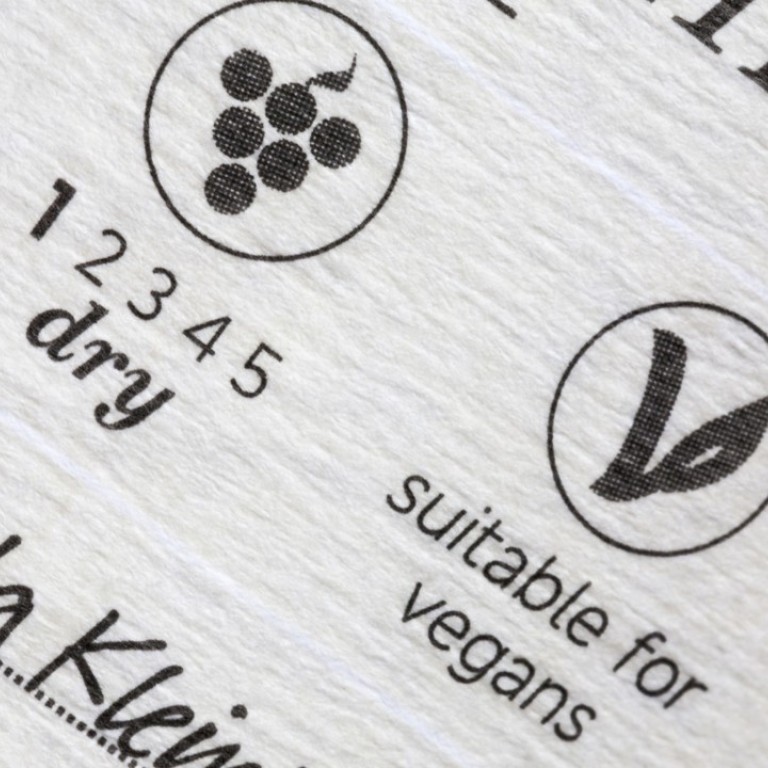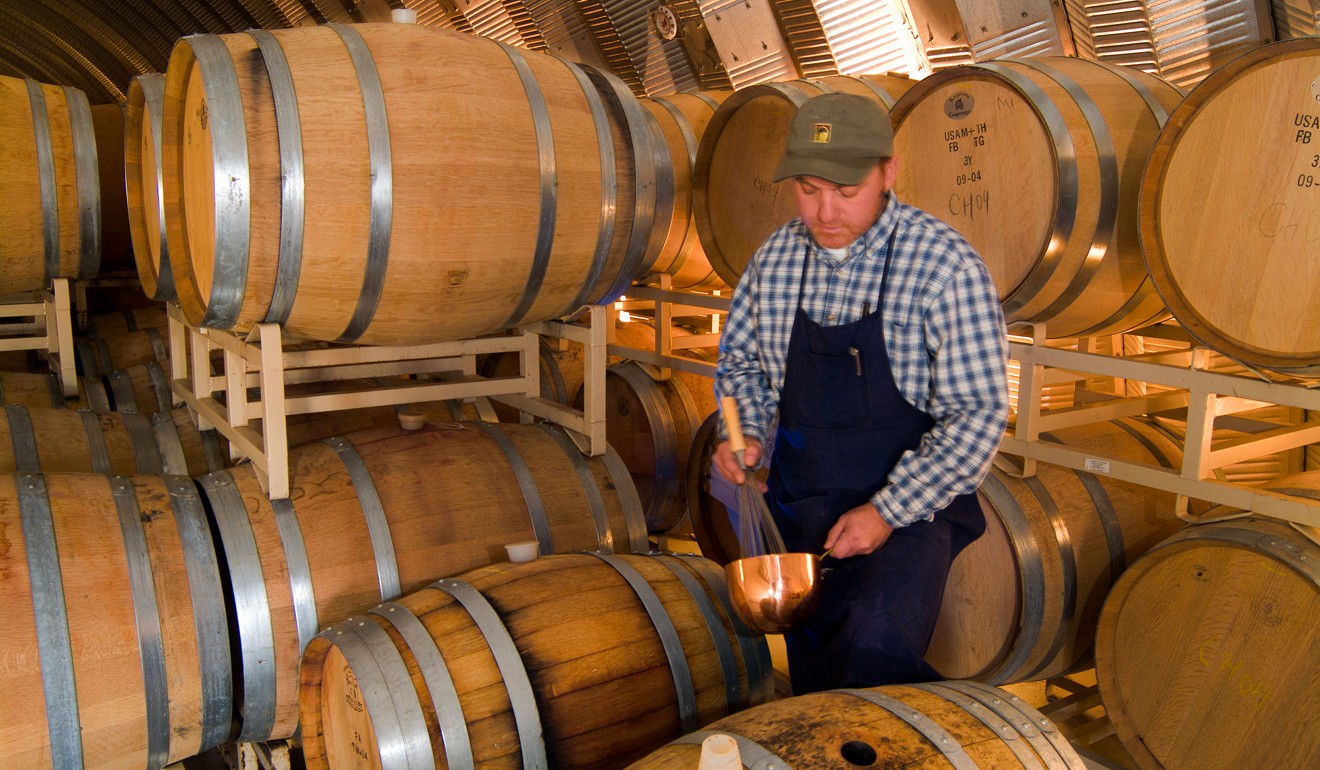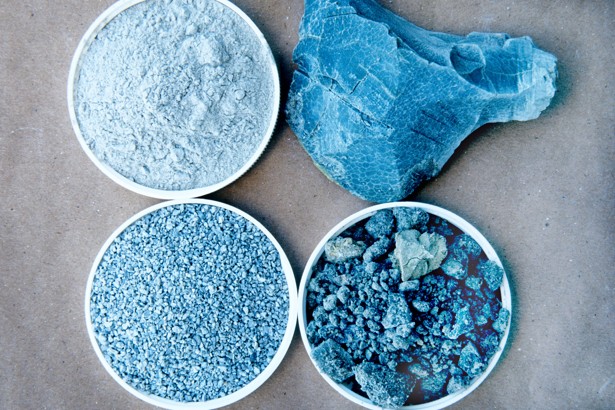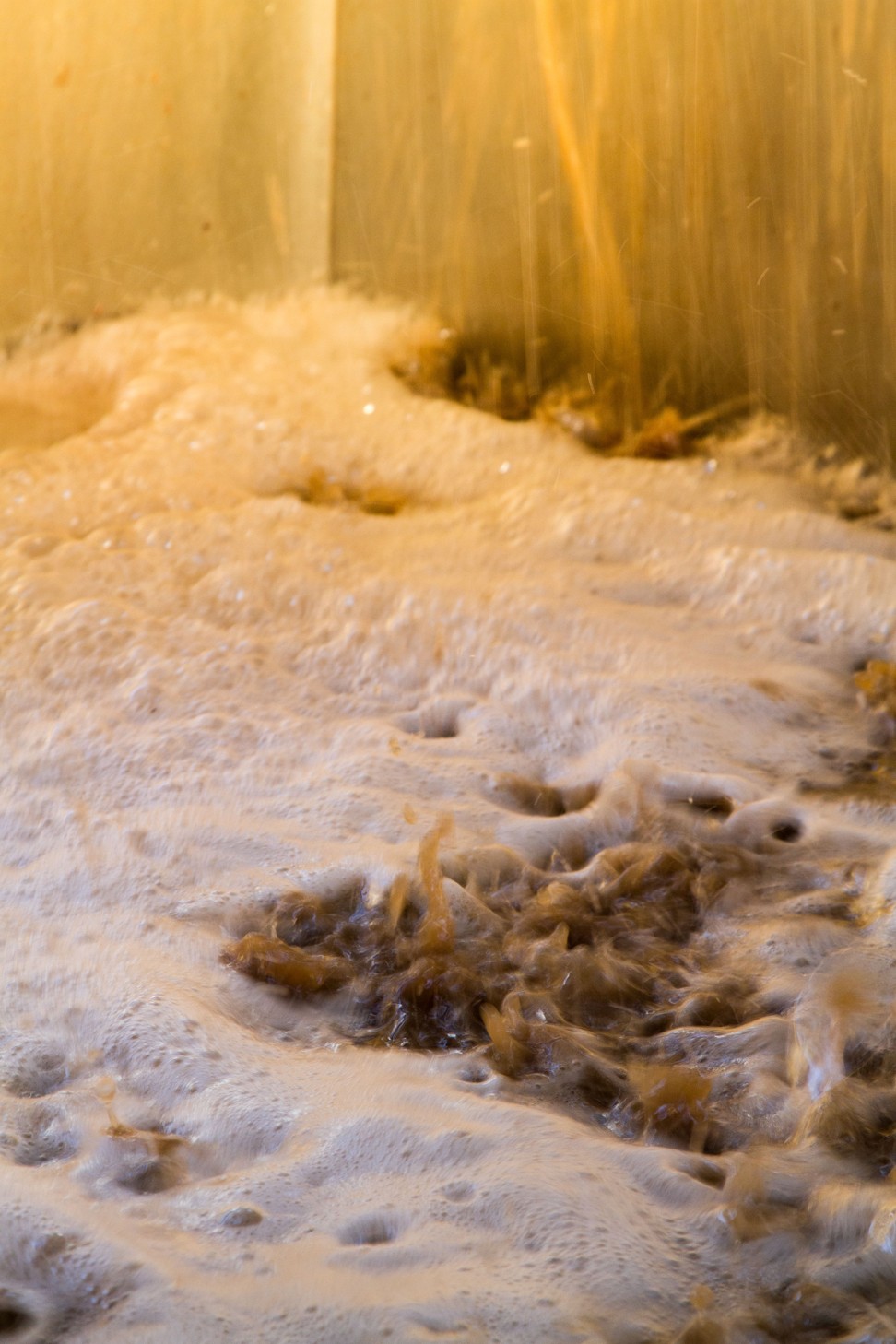
How to tell if a wine is vegan, and where to buy vegan wine in Hong Kong
As more wine drinkers want to know how their wines are made and what goes into them, we look at why animal products might be used in your wine and what to look for on wine labels so you can make an informed decision
The wine was a Vietti Barolo Castiglione 2012 from Italy’s Piedmont region. Barolo is one of Italy’s top red wines, and I was anticipating some beautiful juice. But my attention was drawn to a conspicuous symbol on the bottom right of the back label. It said “Vegan”, with the capital “V” stylised as the leaves of a sunflower, inside a circle suggestive of the sun.
Wait a minute, you might ask: isn’t wine just fermented grape juice? How could it not be vegan, a description that rules out animal products?
How a Hong Kong raw vegan marathon runner prepares for a race
The answer is complicated. It touches on how wine is made, and perhaps as importantly, how it is labelled. As consumers are increasingly interested in the provenance of their foods and beverages, they are more accepting (and demanding) of labels such as organic, sustainable or biodynamic.
More wine drinkers want to know how their wines are made and what goes into them. The movement for “natural” wines is in part a rebellion against the dozens of additives approved for use in winemaking. The United States and other governments generally do not require producers to divulge what ingredients they use; we just assume they use only grapes, and maybe yeast.

(Allow me an aside here for the wine fiends in the audience who are interested only in how the Vietti tasted. It was incredibly tight and austere when I pulled the cork, surly and reluctant to engage me in conversation. So I vacu-vined it and tried it over the next few evenings. By the time I emptied the bottle while watching the Washington Capitals celebrate their Stanley Cup ice hockey win, it was marvellous!)
(Double aside: in Hong Kong, this wine is available through Bottega del Vino, Wine Direct, Y18 Elegant Spirits, and Riepenau Fine & Rare.)
The vegan question stems from the use of animal products in a winemaking process called “fining”. Fining clarifies and stabilises a wine, making it less likely to turn cloudy after bottling, especially if subjected to high temperatures. It also helps improve the wine’s texture by softening rough tannins.
If you’re an old-school cook and have made consommé, you probably started with a rich stock that you clarified with a raft of egg whites and ground meat. These coagulants attract all the impurities in the stock, which you then skim off, leaving the clear broth.
Fining works the same way, using proteins such as albumin from egg whites, casein from milk or isinglass from, well, fish guts. Way back in the day, ox blood was used. Bentonite – a clay, and therefore vegan – can also be used.

The fining agent and whatever it extracts from the wine fall out of the solution, so they aren’t in the bottle you take home. But if you’re a purist, there’s no way to guarantee there is absolutely no residue from the fining agent in the wine. Vegans, therefore, often look for wines labelled as “unfined”. Kosher wines are also vegan by definition, as kosher rules prohibit the use of animal products in wine production.
(Fining, by the way, should not be confused with filtration, a different process that helps clarify a wine but does not use animal products.)
Time, and good picking decisions, are the best fining agents
Here’s the rub: the use of animal-based fining agents may not be all that widespread. Given time, those impurities will settle naturally out of a wine, so it’s only the cheap, mass-produced wines that are being rushed to market that need to use them.
Granted, that accounts for the majority of wines on our retail shelves. But if you’re willing to spend a little more for quality, you’re probably buying a “vegan” wine even if it’s not labelled as such.
“Time, and good picking decisions, are the best fining agents,” says Alison Crowe, winemaker at the Garnet and Picket Fence wineries in California.
Hong Kong-developed plant-based ‘pork’ passes chefs’ taste tests
Crowe says customers often ask if her wines are vegan, so she needs to explain the winemaking process to consumers who believe the use of animal products is more widespread than it actually is.
“Our wines are never fined with any proteins, from animal sources or not,” Crowe says. While she answers “Yes!” to the vegan question, she does not label her wines as vegan. “Maybe I should,” she adds.

If you’re concerned about the use of animal products in wine production, you could also favour wineries who list ingredients on their labels. Ridge and Bonny Doon are two US wineries that do so, although this is not required by regulation. For example, the label on the Bonny Doon 2017 Vin Gris de Cigare lists the grape blend as ingredients, then adds, “tartaric acid, enzyme and sulphur dioxide. In the winemaking process, the following were utilised: yeast, yeast nutrients and bentonite.” Even an omnivore can make an informed decision from that.
Vegan cats and dogs in Hong Kong – owners explain diet change

